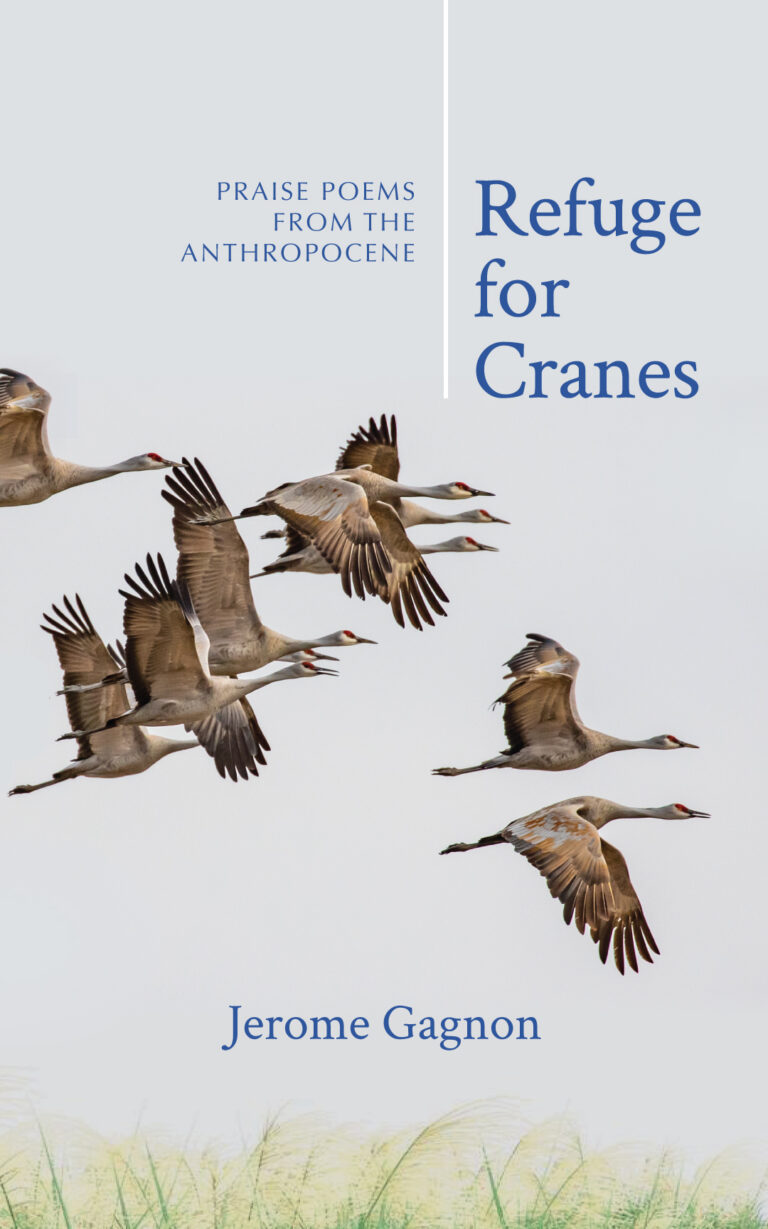Jerome Gagnon’s Refuge for Cranes plunges us wholly into the natural world through a series of poems that are equal parts celebratory, revelatory, and prophetic. The poet reminds us of what poets are born to tell us—of the beauty of creation and of the paradox of its power and its fragility, the assurance that “everything changes into some other thing and this change goes on forever” and simultaneously of the troubling fact that “we’ve heard the whip crack of the flames and seen the horses running, scared, along the highway.” Like the cranes that give the book its title, birds rumored to be immortal and wise, the poet bravely writes the truth he sees, “scratching our message to this passing world.” Gagnon’s poems enable the reader to live more intensely in the present moment and to glimpse the future, creating an intersection between worlds, actual and possible. Refuge for Cranes is a grace-filled book and a gift.
—Angela Alaimo O’Donnell, poet and author of Andalusian Hours and Holy Land
The unofficial yet consequential Anthropocene Epoch we find ourselves in seeps through these poems. Gagnon’s curiosity and his attention to earthly things is vivid, but never overdone. At a jellyfish exhibit he asks “How would it be/ to live without bones, I wonder?/ Like smoke/ or an eerie flower without roots,/ but eyes that can see light/ and dark, tell up/ from down.” There is a maturity and sense of scale in the distance (he selects an epigraph from Carl Sagan that urges us to preserve and cherish our pale blue dot of an earth) and close details of sleeping deer waking up, or bees poisoned with pesticide that “fly in circles close to the ground.” Whether naming the generational consequences of war or a barking dog at a crosswalk that alerts us to the speeding pickup truck, Gagnon sustains a healthy tension in these poems. His first lines are casual and precise, signaling a running-start and giving us confidence that we’ll be rewarded in some way by the end. We absolutely want to take in whatever things he will show us, which are, like the title of his beautiful poem on grief, “ordinary transformations.”
—Katy Giebenhain, poet and author of Sharps Cabaret. Poems
If there was ever an offering of verse meant to be contemplation, it is Gagnon’s Refuge for Cranes. I would be pressed to find a line in the book that did not hush my tongue and ask me to pause, so that I might pray-praise and hold the world holy. We are, in this poet’s words, like “fawns on an early adventure / deep in the penultimate.” How meaningful that word: the “penultimate”. For we are near the end of a trail, not at the end; there is hope, but only just. An urgent stillness or a still urgency cores the moment. Watch with the “wisdom to leave things where they fall,” the poet cautions. Let tenderness typify your touch. And thus, with the world, be.
—Sofia M. Starnes, poet and author of The Consequence of Moonlight
If you are looking for a beautiful, meditative journey that reveals the extraordinary through the ordinary, Jerome Gagnon’s Refuge for Cranes is the book for you. ‘You don’t need to renounce anything,’ he says, to encounter what ‘flares up as happiness,’ replenishing yourself and the world. Both thoughtful and prayerful, his poems lead the lucky reader through the open gate of his poetry into a greater appreciation of our world as it is, and as it could be.
—Julie Cadwallader Staub, poet and author of Wing Over Wing. Poems
The poet’s ‘Love of Earthly Things,’ expressed in this rich collection, is a refuge for the reader. If you enter these pages, be prepared to open yourself wider to the world, like a flower to the sun.
—Phyllis Cole-Dai, multi-genre author, co-editor of Poetry of Presence
Jerome Gagnon’s touching poems remind us of the beauty and value of nature now threatened worldwide by our carelessness. Threatened cranes are appropriate carriers of that message as conveyed in Jerome’s work.
—George Archibald, International Crane Foundation
I would be hard-pressed to find a line in the book that did not hush my tongue and ask me to pause, so that I might pray-praise, and hold the world holy.
—Sofia M. Starnes, author of The Consequence of Moonlight
Both thoughtful and prayerful, his poems lead the reader through an open gate into a greater appreciation of our world as it is, and as it could be.
—Julie Cadwallader Staub, author of Wings Over Wings


